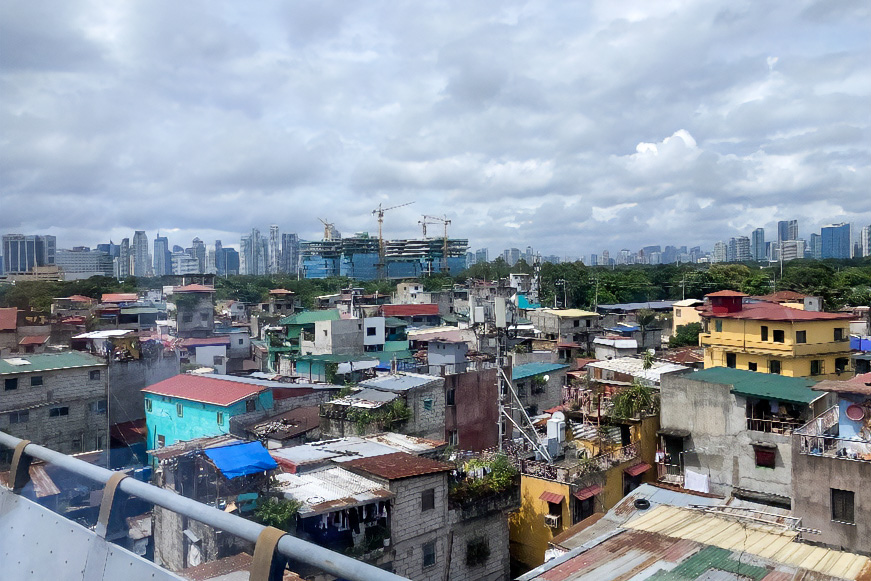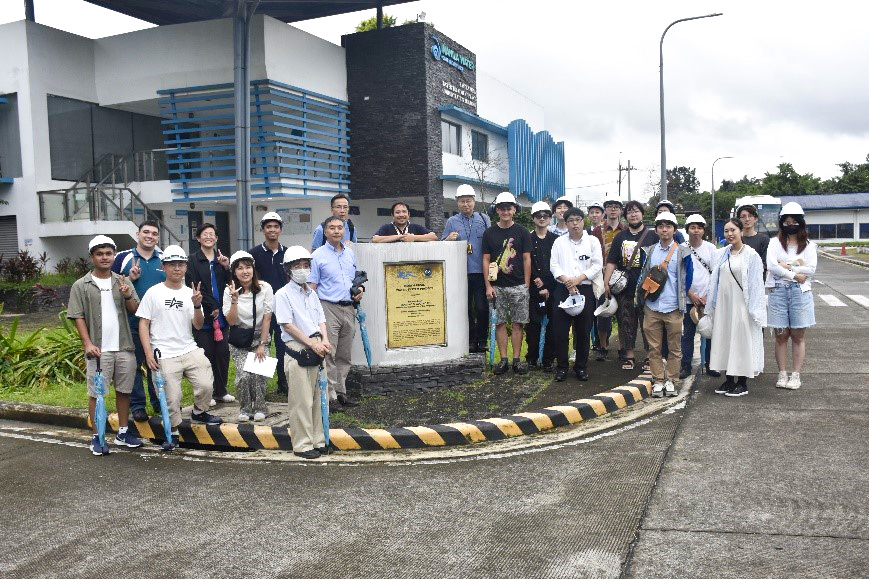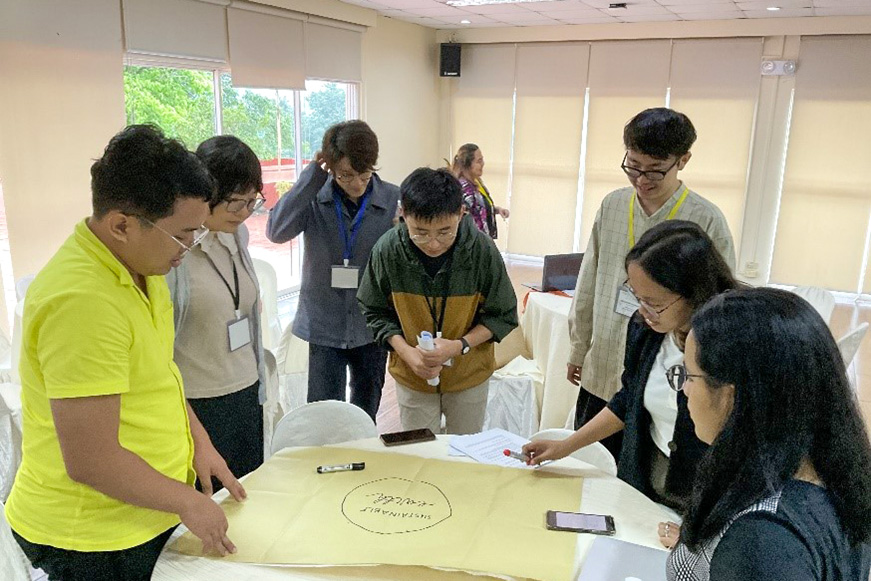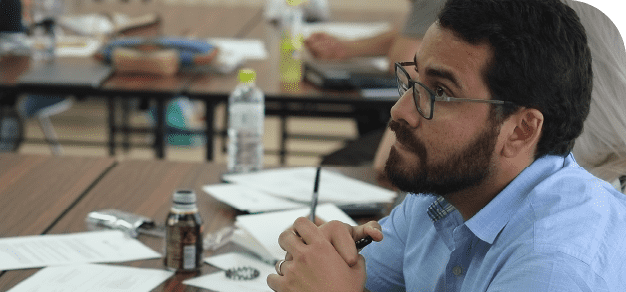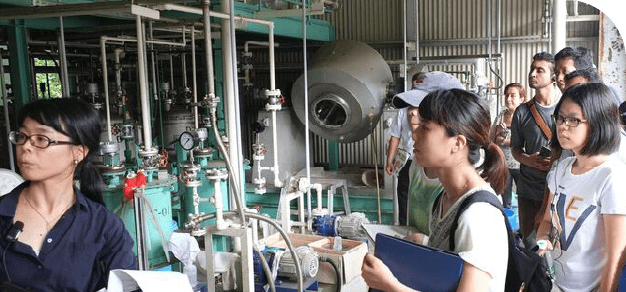GRM Students’ Reports
GRM Group Work Practice Ⅰ&Ⅲ
Graduate School of Life and Medical Sciences NAGAMURA Hidekazu
2023/10/05
I joined the GRM Group Work Program to experience different cultures, as I had not traveled abroad much. I wanted to see the world from a broader perspective and broaden my understanding of the world. I believed that by experiencing the situations in other countries, I could gain a more relative perspective on societal issues such as societal divisions, the stagnation of economic growth, and environmental concerns such as global warming and global resource depletion. Furthermore, with the increasing emphasis on the Sustainable Development Goals (SDGs), I was curious to understand the initiatives being taken and the gap between the ideal and the reality of creating a sustainable society by attending lectures by experts and learning about the actual initiatives.
During my visit to the Philippines, I observed various initiatives to achieve a sustainable society. My activities included visiting water treatment facilities; being introduced to cutting-edge research, industrial facilities, and waste management efforts; attending international symposia on sustainable societies; and engaging in group discussions with local university students. These experiences provided a broad perspective on the nation's approach to sustainability and the challenges it faces.
One of the most striking observations was the coexistence of skyscrapers and huts in the same landscape. I rarely see this in Japan and realized that rapid social growth is causing this phenomenon, as well as the disparity of wealth that leads to deteriorating safety. I was also struck by the differences in water management; despite being an archipelagic nation like Japan, which means it has a lot of water resources, the Philippines had water purification plants that did not operate 24 hours a day, and the tap water was not potable, indicating that the value of purified water is high in the Philippines. It was interesting to see how the scarcity of potable water, despite the abundance of water, would affect attitudes toward conserving water resources. Furthermore, Daikin Philippines' commitment to the SDGs seems to be an ideal form of SDGs and corporate social responsibility in a way that is appropriate for a capitalist economy. This is because the company aims to contribute to society in terms of SDGs and job creation by helping and developing national standards for energy efficiency of air conditioners and qualifications for air conditioner installation, while at the same time expanding sales channels for its products. While the initiatives at the corporate and university level were commendable, I felt the need to bridge the gap with the general public. Most of the people I interacted with during the group work in the Philippines were from the elite class, which made me wonder how sustainability initiatives were perceived by the majority of middle- and lower-class citizens. For people who are busy living in the present, it seems intuitively difficult for them to accept policies that sacrifice the present for the future. To avoid creating such social divisions, we in academia, business, and government should work towards the realization of a better society by providing feedback on the benefits while outreach to the public on the direct benefits of maintaining a sustainable society, and I would like to contribute to this.
